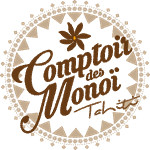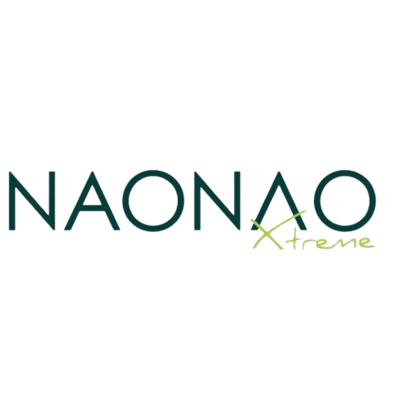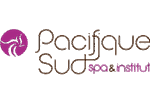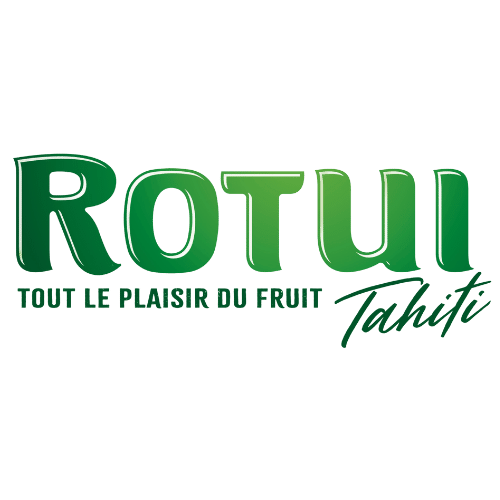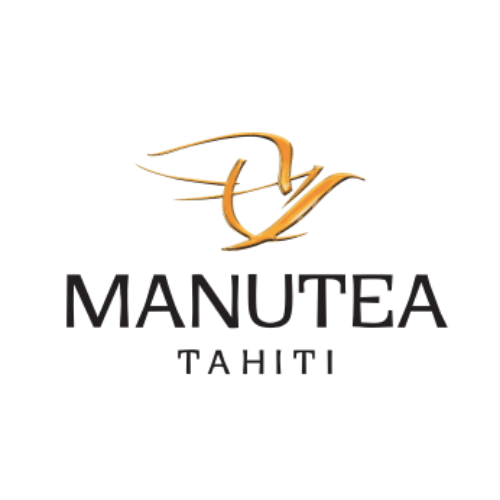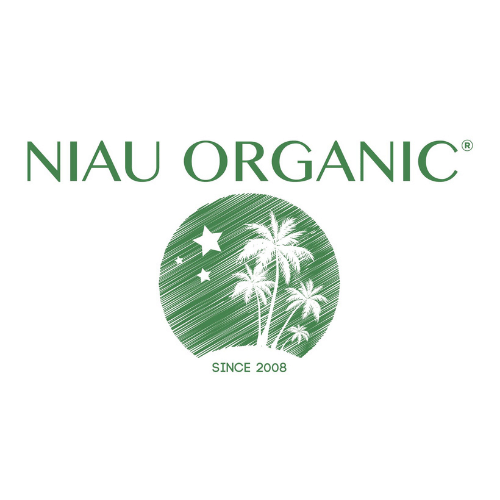
| Roucou | |
|
The Roucou Tree, also known under the name of Annatto, Achiote or Urucum, is native to South America. The Indians were using it daily for protection from sun and insects, but also and primarily to color the skin, which was by the way the origin of the name «Redskins». It was imported to Polynesia in 1845 as a natural coloring and ornamental plant, but its presence in the Marquesas Islands is much older. Traditionally, the Marquesas women were using the seeds, crushed and mixed with coconut oil to color the skin of the dancers during ceremonies or as a dye plant. |
The painter Gauguin also used this dye for the realization of his works. Nowadays, the dyeing properties of these seeds are still exploited. Free of toxicity, it is commonly found in the food industry, for example to colour some Dutch cheese, butter or margarine.
|
|
CULTIVATION Cultivation is made by sowing. The seeds germinate easily within a fortnight.
USES The indigenous tribes have been traditionally using the seeds in their paintings for dances and rituals, as fabric dyeing, but also as medicine for centuries for many applications. They used to make a tea, used as an aphrodisiac or as an astringent and anti-inflammatory product to treat
|
Today, a colourful paste is produced with the seeds, which is used in food as a coloring for soups, cheeses... It often replaces saffron, which is very expensive. This paste is also used as a dye for natural fabrics and wool. Many recent studies on Roucou have validated the traditional applications and allowed discover new ones, such as hypotensive, muscle relaxant, and antibacterial. - Antioxidant (fight free radicals because of its richness in carotenoids) - Protector (sunburn caused by UV rays) - Antibacterial and antiseptic - Emollient - Astringent and anti-acne The Roucou offers all its virtues, while giving creams, lotions and shampoos a rich and light color. |


